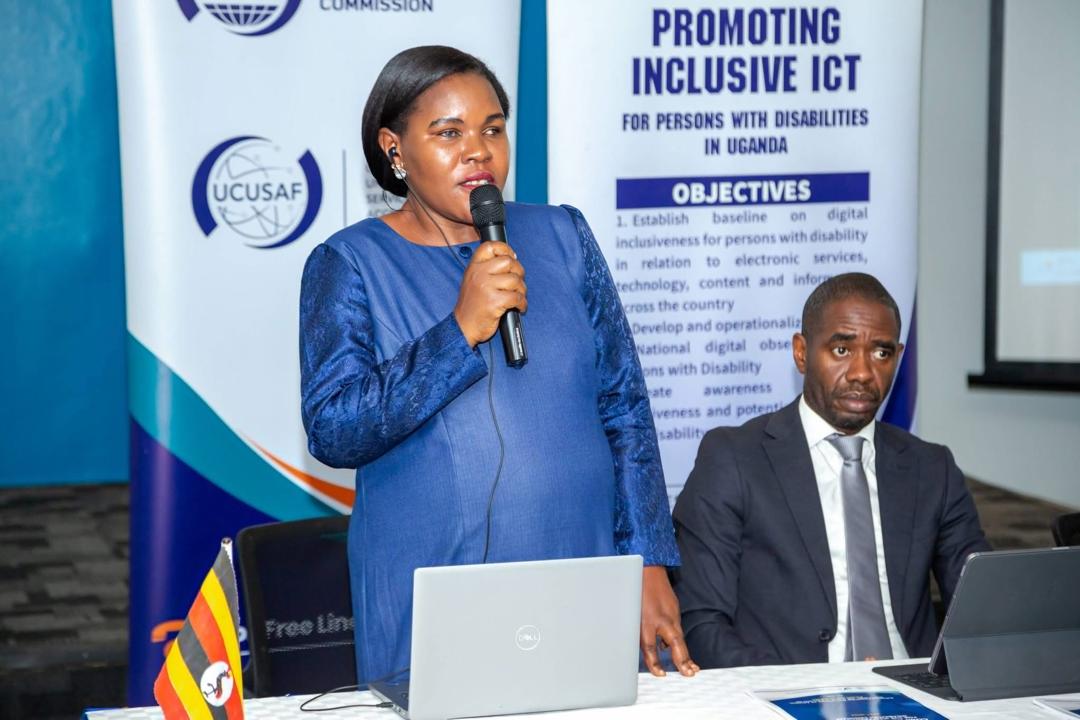Persons with disabilities (PWDs) have urged the government to ensure that health facilities across Uganda are fully accessible and equipped with user-friendly amenities tailored to their needs.
Speaking at the 38th advocacy commemoration held in Hoima City, the Chief Executive Officer of the National Union of Disabled Persons of Uganda (NUDIPU), Esther Kyozira, emphasized that access to health care is a fundamental human right.
"Access to health is a human right, and when we talk about equality and equity, we emphasise equal access to quality health services for everyone," Kyozira said.
She highlighted the persistent communication challenges between health workers and patients with disabilities as one of the major barriers in Uganda’s healthcare system.
"Some health workers assume that persons with disabilities do not have equal rights when it comes to accessing health services. Some refuse to communicate with us simply because we do not speak. Others fail to get information from us because they assume we cannot hear or understand," Kyozira said.
The advocacy leader also pointed to Uganda’s growing population of persons with disabilities.
"According to the most recent national census, 13.2 percent of Uganda's population are persons with disabilities. This is a significant proportion that cannot be ignored," she said.
The Chairperson of Bunyoro People Living with Disabilities, Hashimu Mukama, called for stronger measures to protect patient privacy, particularly for individuals with hearing impairments who rely on sign language interpreters.
“Health workers should at least possess basic sign language skills as part of their training," she said.
Hoima Resident City Commissioner, Badru Mugabi, reiterated the government’s commitment to inclusive health services. He urged stakeholders to work together to build a health system that leaves no person with a disability behind.
The advocacy event, which marked 38 years of efforts to promote the rights of persons with disabilities in Uganda, also underscored the need for policy reforms, staff training, and public awareness to ensure equitable access to healthcare for all.


